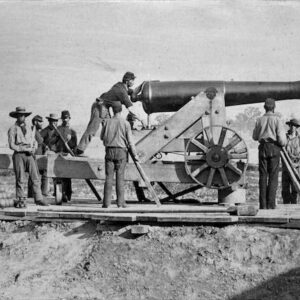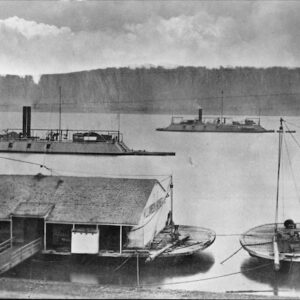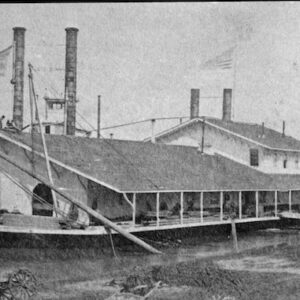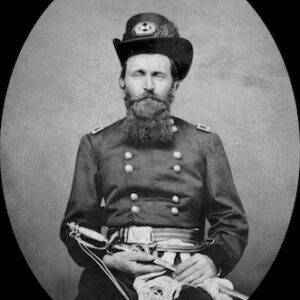Tag: Cairo IL
Wikipedia says: Cairo is the southernmost city in Illinois and the county seat of Alexander County.
The city is located at the confluence of the Ohio and Mississippi rivers. Fort Defiance, a Civil War camp, was built at the confluence in 1862 by Union General Ulysses S. Grant to control strategic access to the river. Cairo has the lowest elevation of any location in Illinois and is the only Illinois city to be surrounded by levees. It is in the area of Southern Illinois known as Little Egypt.
The first municipal charter for Cairo and for the Bank of Cairo were issued in 1818, but without any settlement and without any depositors. A second and successful effort to establish a town was made by the Cairo City and Canal Company in 1836–37, with a large levee built to encircle the site. However, this effort collapsed in 1840, with few settlers remaining.
Charles Dickens visited Cairo in 1842, and was unimpressed. The city would serve as his prototype for the nightmare City of Eden in his novel Martin Chuzzlewit. In 1846, 10,000 acres in Cairo were purchased by the trustees of the Cairo City Property Trust, a group of investors including writer John Neal who planned to make it the terminus of the projected Illinois Central Railroad, which finally arrived there in 1855.
Cairo had been growing as an important river port for steamboats, which traveled all the way south to New Orleans. The city had been designated as a port of delivery by Act of Congress in 1854.
A new city charter was written in 1857, and Cairo flourished as trade with Chicago to the north spurred development. By 1860, the population exceeded 2,000.
During the Civil War, Admiral Andrew Hull Foote made Cairo the naval station for the Mississippi River Squadron on 6 September 1861. Since Cairo had no land available for base facilities, the navy yard repair shop machinery was afloat aboard wharf-boats, old steamers, tugs, flat-boats, and rafts. In January 1862, General Ulysses S. Grant occupied the city, and had Fort Defiance constructed to protect the confluence. Cairo became an important Union supply base and training center for the remainder of the war.
Military occupation caused much of the city’s trade to be diverted by railroad to Chicago. Cairo failed to regain this important trade after the war, as more railroads converged on Chicago and it developed at a rapid pace, attracting stockyards, meat processing, and heavy industries. Instead, agriculture, lumber, and sawmills now dominated the Cairo economy.
Showing all 4 resultsSorted by latest



